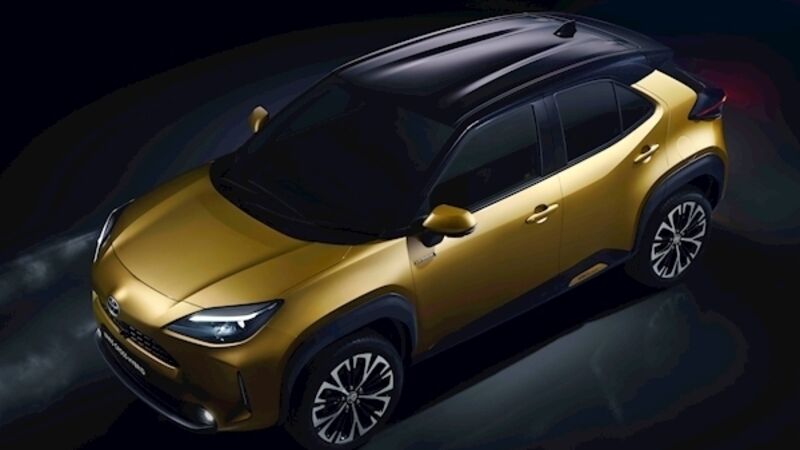Wheels & Deals: Toyota Yaris Cross, a compact gem; plus news from Opel, Ford and Audi

We review one ‘baby’ SUV on this page and now there’s another one.
Last week, Toyota launched its new Yaris Cross. The Japanese company has a high degree of confidence in what it describes as a car with “advanced hybrid technology, small-car design, and SUV engineering”.



